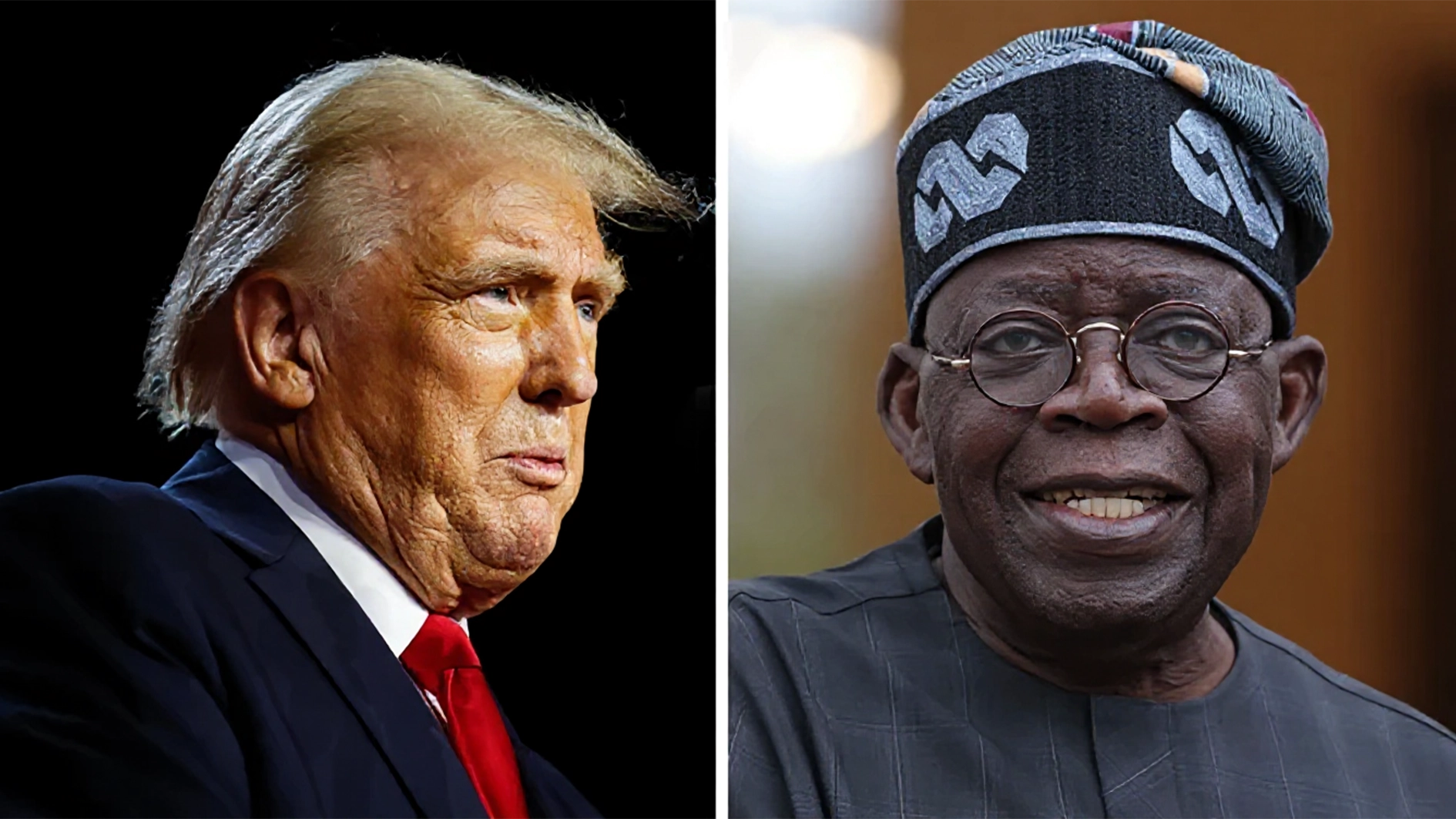Youth and civil society groups under the Youth Electoral Reform Project (YERP-Naija) have called for a constitutional amendment to reduce the minimum age requirement for contesting governorship and senatorial elections from 35 to 30 years.
The demand was part of resolutions reached at the National Multi-Stakeholder Forum on Electoral Reform held in Abuja.
The forum, which brought together youth leaders, civil society organisations, professional bodies, and labour unions, sought to consolidate advocacy efforts and set a reform agenda for the National Assembly ahead of its resumption from recess in October.
Participants, including representatives of the Nigerian Bar Association (NBA), Nigerian Union of Journalists (NUJ), Nigerian Labour Congress (NLC), and leading youth organisations, argued that the proposed age reduction would open up the political space, deepen youth inclusion, and align Nigeria’s democracy with global best practices.
In a communiqué issued at the end of the forum and signed by the Executive Director of Kimpact Development Initiative (KDI), Bukola Idowu, Executive Director of New Generation Girls and Women Development Initiative (NIGAWD), Abimbola Aladejare-Salako, among others, the stakeholders also outlined key recommendations to improve transparency, inclusiveness, and fairness in Nigeria’s electoral process.
Among the major proposals were the transfer of appointment power of the INEC Chairman from the President to an independent, non-partisan committee.
The forum, which also called for mandatory electronic transmission of election results to curb manipulation, stressed the need for the establishment of an electoral offences commission to prosecute election-related crimes.
The communique added: “participants called for amendment of the Constitution to transfer the power of the President to appoint the INEC Chairman from the President to an independent and non-partisan committee.
“Conclusion of pre- and post-election petitions before winners are sworn into office for equity, justice and fairness. Amendment of the Constitution to introduce independent candidacy to make the electoral process more inclusive.
“Amendment of the Constitution to delete sections that empower INEC to register and regulate political parties and transfer these powers to a political party registration and regulatory commission. Amendment of the Constitution to reduce the qualification for contesting for Senate and Governorship elections from 35 years to 30 years, in order to open up the political space to
accommodate more youth.
“Amendment of the Constitution to introduce reserved special seats for women for inclusion, equity and fairness in the electoral process. Amend the Constitution to remove INEC’s powers to register and regulate political parties and transfer those powers to a Political Party Registration and Regulation Commission, to be established by an Act of parliament.
“That the National Assembly and the President should pass and sign into law proposed Acts of Parliament with reform proposals that will strengthen the electoral process and restore public confidence, especially.
“Amendment of the Electoral Act to allow for early voting. Amendment of the Electoral Act to allow for diaspora voting. Pass and sign into law a bill to establish a Political Party Registration and Regulatory Commission
(PPRRC) to strengthen the registration and regulation of political parties in the country
The forum urged the President to be magnanimous in developing a system that would further enhance citizens’ participation in the appointment process, thereby building public trust in the leadership of the new INEC and in Nigeria’s electoral process.
“That the National Assembly, State Houses of Assembly and the President should conclude the constitutional and electoral reform process by December 2025, to create time for sensitising the public on new provisions in the Constitution, Electoral Act and other laws, and the actual implementation of these provisions”, it added.






